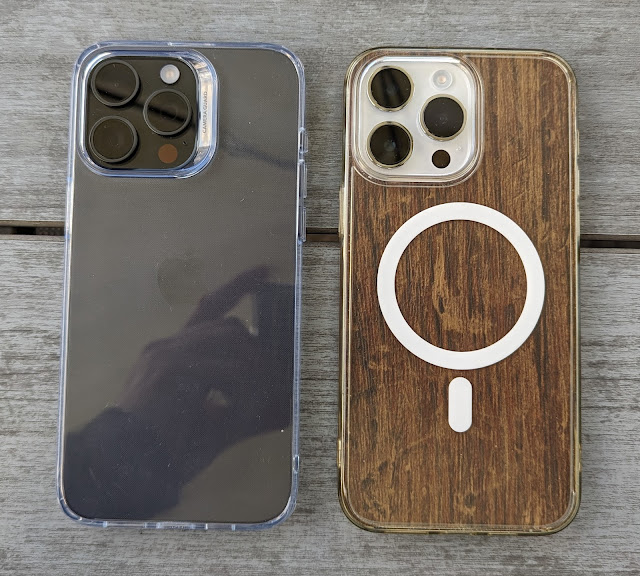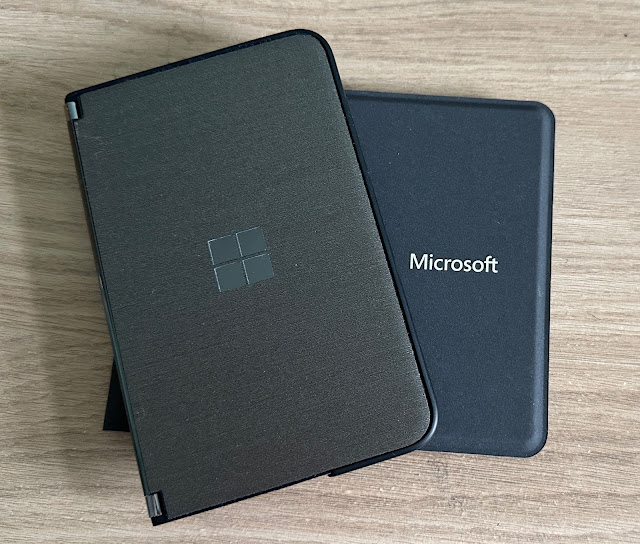Mini-review: JPEGmini (for PC and Mac)
Sometimes a product just works like magic. This is just one such....
The problem is this, you see - JPGs. Photos, screenshots, scans, just about anything graphic uses the JPG compressed image format these days. As a journalist I use a lot of JPGs and there's always this terrific push-pull going on between quality and byte size.
Not many people realise that a JPG can be any size. it's essentially a lossy approximation of your original image (e.g. from a camera or screenshot or scan), but intelligently degraded such that you don't notice any difference.
Take a 5MP photo from your phone. Uncompressed, you'd be looking at 20MB or so, but the device probably spits it out at 2MB or so, applying a particular JPG 'quality' (usually about 85% or so) - your eyes can't tell the difference most of the time, but look down at the pixel level and you'll see artefacts.
So the photo could be represented by a 5MB JPG with almost perfect 'quality' and almost no artefacts, or a 100KB image of the same physical size but terrible approximations and degradations. Where the 'quality' is set depends on the settings in your camera or software utility or scanner or whatever.
My problem is that I often want to use images that are very high quality, just in case I want to print them or crop them later - at which point I might be very miffed if I found that, deep down, they all had artefacts. So I leave the quality settings quite high in my image editors.
Yet, when I use photos online, byte size is much more important than absolute quality. So, for web page use, I'd like a lower JPG quality - yet it's a pain having to keep switching settings. And that's not counting the number of apps and devices for which JPG quality is set and unchangeable.
One option is to re-save each JPG in a utility, but I hadn't found anything useable or convenient until I came across JPEGmini, here shown running after processing some screenshot JPGs on my Mac:
Essentially, if I have a batch of JPGs (usually photos or screenshots in my case) that are all intended for inclusion in an article or post, I drag them all into JPEGmini before uploading. Each image is cleverly analysed and then optimised to the point where it has the minimum size before any visual degradation becomes apparent.
So, for example, I'd have a folder of 30 screenshots and a photo. Total original byte size would be about 8MB, meaning that anyone reading the article would essentially have to download all of these in order to be able to view the page in full. JPEGmini typically optimises these same JPGs down to about 4MB all-in, effectively halving the load on the web server and halving the download time for each user.
I do keep trying to catch JPEGmini out and looking for a photo it has optimised which looks 'worse' than the original, to no avail so far. Its secret is not to try to optimise the file size too much. So you really do get byte savings without any visual impact.
My only gripe with JPEGmini, on the Mac at least, is that you can't drop JPGs directly onto its dock icon - you have to have the app open and then drag into its window. Apparently dock integration is on the to-do list for the developer, so we'll see....
You can try one of your own JPGs online here and then give the utility a try - I can't recommend it highly enough for this sort of targeted JPG byte size reduction.
The problem is this, you see - JPGs. Photos, screenshots, scans, just about anything graphic uses the JPG compressed image format these days. As a journalist I use a lot of JPGs and there's always this terrific push-pull going on between quality and byte size.
Not many people realise that a JPG can be any size. it's essentially a lossy approximation of your original image (e.g. from a camera or screenshot or scan), but intelligently degraded such that you don't notice any difference.
Take a 5MP photo from your phone. Uncompressed, you'd be looking at 20MB or so, but the device probably spits it out at 2MB or so, applying a particular JPG 'quality' (usually about 85% or so) - your eyes can't tell the difference most of the time, but look down at the pixel level and you'll see artefacts.
So the photo could be represented by a 5MB JPG with almost perfect 'quality' and almost no artefacts, or a 100KB image of the same physical size but terrible approximations and degradations. Where the 'quality' is set depends on the settings in your camera or software utility or scanner or whatever.
My problem is that I often want to use images that are very high quality, just in case I want to print them or crop them later - at which point I might be very miffed if I found that, deep down, they all had artefacts. So I leave the quality settings quite high in my image editors.
Yet, when I use photos online, byte size is much more important than absolute quality. So, for web page use, I'd like a lower JPG quality - yet it's a pain having to keep switching settings. And that's not counting the number of apps and devices for which JPG quality is set and unchangeable.
One option is to re-save each JPG in a utility, but I hadn't found anything useable or convenient until I came across JPEGmini, here shown running after processing some screenshot JPGs on my Mac:
So, for example, I'd have a folder of 30 screenshots and a photo. Total original byte size would be about 8MB, meaning that anyone reading the article would essentially have to download all of these in order to be able to view the page in full. JPEGmini typically optimises these same JPGs down to about 4MB all-in, effectively halving the load on the web server and halving the download time for each user.
I do keep trying to catch JPEGmini out and looking for a photo it has optimised which looks 'worse' than the original, to no avail so far. Its secret is not to try to optimise the file size too much. So you really do get byte savings without any visual impact.
My only gripe with JPEGmini, on the Mac at least, is that you can't drop JPGs directly onto its dock icon - you have to have the app open and then drag into its window. Apparently dock integration is on the to-do list for the developer, so we'll see....
You can try one of your own JPGs online here and then give the utility a try - I can't recommend it highly enough for this sort of targeted JPG byte size reduction.



Comments